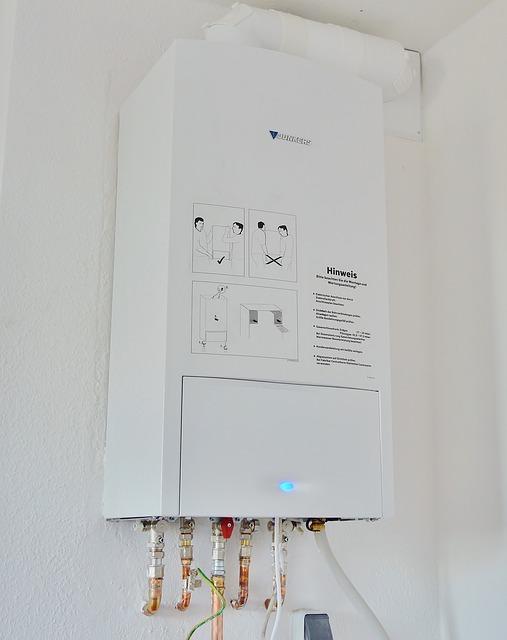Many people may already be aware of the upcoming transition from natural gas to hydrogen when it comes to firing up their boilers at home, so this opens up the conversation regarding hydrogen-ready boilers and how these will affect the way we heat our homes in the near future.

What is a Hydrogen Boiler?
A hydrogen-ready boiler (also known as hydrogen ready combi boiler or just a hydrogen boiler to keep things simple) is a type of heating system that burns both natural gas and hydrogen in order to work. At present, as gas mains are still in the process of transitioning, these boilers can work with an 80/20 fuel ratio: 20 percent hydrogen to 80 percent natural gas, usually methane.
Using such a blend of fuels means these boilers can be used effectively with the gas network currently in use throughout the United Kingdom without having to build additional infrastructure on either individual boilers or the network of pipes used for the system.
Eventually, the boilers will be fully run with hydrogen as a way of improving energy efficiency with less damage to the environment. Unlike natural gas which still emits carbon dioxide into the atmosphere when burnt for fuel, the combustion of hydrogen does not create carbon dioxide or similar pollutants which could contaminate the air.
How Does a Hydrogen Boiler Work?
Hydrogen-ready boilers work in the same way as gas boilers. The difference, however, lies in the construction and appearance of their flame detectors. Nevertheless, the majority of each hydrogen gas boiler’s features are about the same as their natural gas-using counterparts.
Why the Switch?
The UK’s goal of becoming completely carbon-neutral or having a zero-carbon economy by 2050 is the driving factor behind the impending transition from natural gas to hydrogen when it comes to powering boilers.
Home heating systems are, at present, one of the biggest contributors to climate change in the UK. However, the emission of excessive carbon dioxide into the atmosphere can be radically reduced – or even brought down to zero – by the switch to full hydrogen use, as the only byproduct of hydrogen combustion is water. Likewise, producing hydrogen for general purposes involves a more cost-effective and environmentally-sound process than that currently used for processing natural gas and other fossil fuels.
However, much as the UK would like to speed up the process of going full steam ahead with hydrogen power, the boilers that will be used for the purpose are still in the prototype stage and it will take another year before manufacturers can roll out commercially-viable and practical models. At the same time, the country still can’t produce enough hydrogen to make a nationwide roll-out possible.
What’s the Timeframe for this Switch?
If experts’ projections are correct, the UK expects to be 100 per cent carbon-neutral by 2050. In which case, the transition to a 100-per-cent hydrogen-fueled boiler system will occur in three stages:
- Stage 1: Today’s boilers are built to the new hydrogen-ready standard, but will still have the ability to use natural gas from existing mains. After a few minor adjustments to the system courtesy of trained HVAC specialists, these can run easily – and safely – on an all-hydrogen system. While some early models – today’s hybrid boilers – have been available over the past couple of years, one can expect production and sale of these modified boilers between 2020 and 2025.
- Stage 2: The use of blended boiler fuel (the 80/20 blend mentioned previously) is expected to begin by at least 2028; and
- Stage 3: Once the necessary modifications have been made and 100 percent hydrogen is pumped throughout the gas distribution network, then every boiler sold within the country will be a hydrogen gas boiler. However, experts agree that the earliest we’ll be seeing this is sometime within the 2040s.





